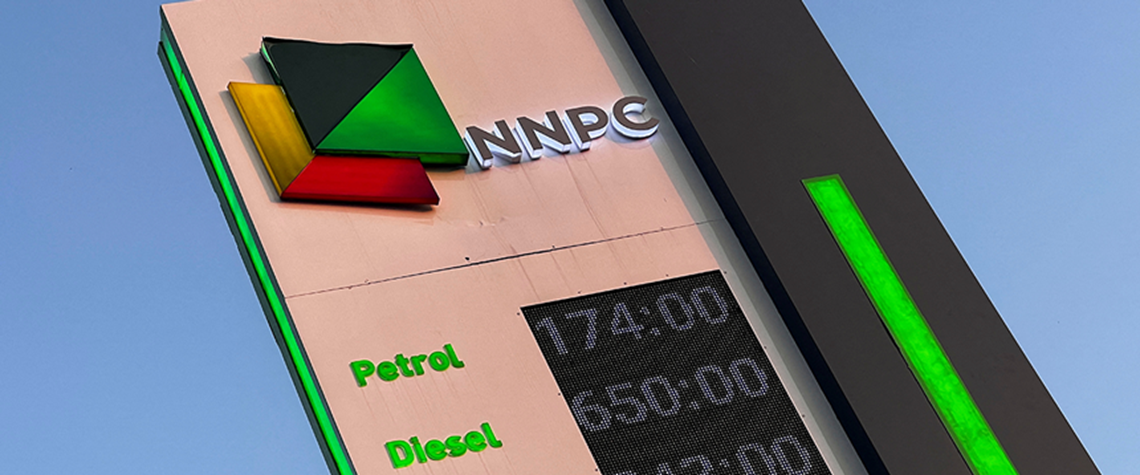Subsidies push Nigeria to the brink
Controversial payments have turned high oil prices into a curse
Nigeria’s status as a major oil producer means it should be enjoying a boom. Instead, 2022 has turned into a year of economic crisis. GDP growth is lagging the African average, inflation has soared to the highest level in 17 years and state-owned NNPC has not contributed a single naira to the government’s coffers. This paradoxical situation for a significant producer and exporter of oil stems from the fact that Nigeria has almost no domestic refining capacity. Imports of refined petroleum products are subsidised via NNPC—meaning consumers pay less than half the price they would be charged if subsidies were removed. The massive cost of subsidising fuel imports comes at a time when oil product

Also in this section
25 July 2025
Mozambique’s insurgency continues, but the security situation near the LNG site has significantly improved, with TotalEnergies aiming to lift its force majeure within months
25 July 2025
There is a bifurcation in the global oil market as China’s stockpiling contrasts with reduced inventories elsewhere
24 July 2025
The reaction to proposed sanctions on Russian oil buyers has been muted, suggesting trader fatigue with Trump’s frequent bold and erratic threats
24 July 2025
Trump energy policies and changing consumer trends to upend oil supply and demand








